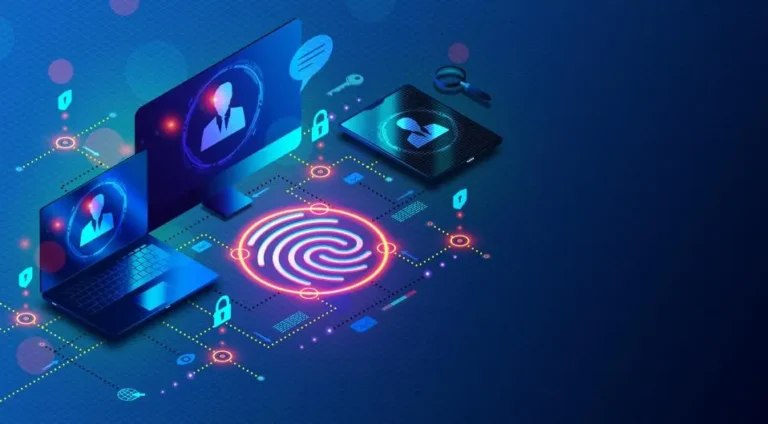Maintaining privacy has become a crucial concern for internet users in today’s digital age, where much of our personal information is stored and shared online. With the increasing number of data breaches, cyber-attacks, and online surveillance, it is more important than ever to take proactive steps to protect our privacy while using the internet. This article will provide the best practices to effectively effectively maintain your privacy online.
Strong, Unique Passwords
Table Of Contents
One of the first steps towards maintaining your privacy online is to use strong and unique passwords for each of your online accounts. Avoid using easily guessable passwords like “123456” or “password.” Instead, create complex passwords that combine letters, numbers, and special characters. Furthermore, it is essential to use different passwords for each account to prevent a single breach compromising all your accounts.
Online privacy protection help to reduces the risk of identity theft, fraud, and cyberattacks by safeguarding personal information.
Additionally, consider using a reputable password manager to securely store and generate strong passwords for you. This will help you keep track of all your passwords without the need to remember each one. Regularly updating your passwords and enabling two-factor authentication whenever possible are also good practices to enhance your online privacy and security. Remember, taking these simple steps can go a long way in protecting your personal information from cyber threats.
Enable Two-Factor Authentication
Two-factor authentication provides an extra layer of security by requiring not only a password and username but also something that only the user has on them, i.e., a piece of information only they should know or have immediately to hand – such as a physical token. By enabling two-factor authentication on your accounts, you add an additional barrier for potential hackers trying to access your information.
Regularly Update Your Software
Software updates often contain patches for security vulnerabilities that hackers can exploit to gain access to your device or data. By regularly updating your operating system, apps, and antivirus software, you ensure that you have the latest security measures in place to protect your privacy online. Set your devices to update automatically whenever possible to stay protected against emerging threats.
Software updates often contain patches for security vulnerabilities that hackers can exploit to gain access to your device or data. By regularly updating your operating system, apps, and antivirus software, you ensure that you have the latest security measures in place to protect your privacy online. Set your devices to update automatically whenever possible to stay protected against emerging threats. It is important to stay vigilant and proactive in keeping your software up to date to safeguard your personal information and sensitive data from cyber attacks.
Be Cautious with Personal Information
Be mindful of the personal information you share online, especially on social media platforms. Avoid posting sensitive information such as your address, phone number, or financial details publicly. Remember that even seemingly innocuous details can be pieced together by cybercriminals to orchestrate targeted attacks or identity theft. Think twice before sharing personal information online.
Always be cautious about the personal information you disclose on the internet, particularly on social media websites. Refrain from sharing confidential details like your home address, telephone number, or financial particulars openly. It’s important to realize that cybercriminals can use seemingly harmless information to launch precise attacks or commit identity theft. Prioritize your online privacy by carefully considering before sharing any personal data online.
Use a Virtual Private Network (VPN)
A Virtual Private Network (VPN) encrypts your internet connection and routes your traffic through a secure server, masking your IP address and enhancing your online privacy. Whether you are using public Wi-Fi or browsing the web at home, a VPN adds an extra layer of protection against potential eavesdroppers or data thieves. Invest in a reputable VPN service to safeguard your online activities.
A Virtual Private Network (VPN) encrypts your internet connection and routes your traffic through a secure server, masking your IP address and enhancing your online privacy. Whether you are using public Wi-Fi or browsing the web at home, a VPN adds an extra layer of protection against potential eavesdroppers or data thieves. Invest in a reputable VPN service to safeguard your online activities and keep your personal information secure.
Conclusion
In conclusion, safeguarding privacy online is paramount in today’s digital age. By adhering to best practices such as using strong, unique passwords, enabling two-factor authentication, being cautious with sharing personal information, regularly updating software and privacy settings, and utilizing encryption tools like VPNs, internet users can significantly reduce their vulnerability to cyber threats and protect their sensitive data.
